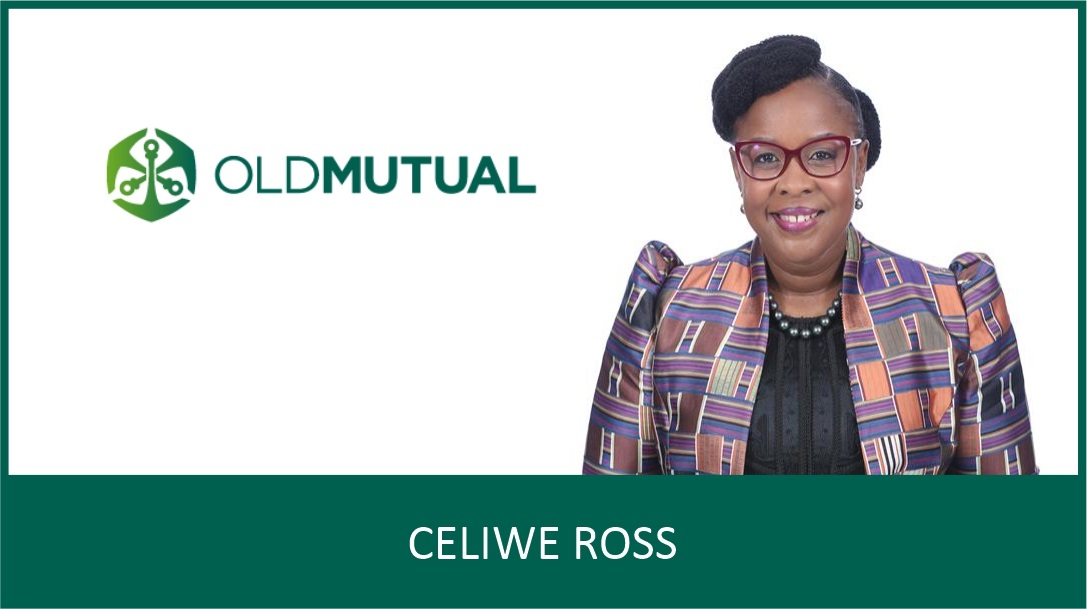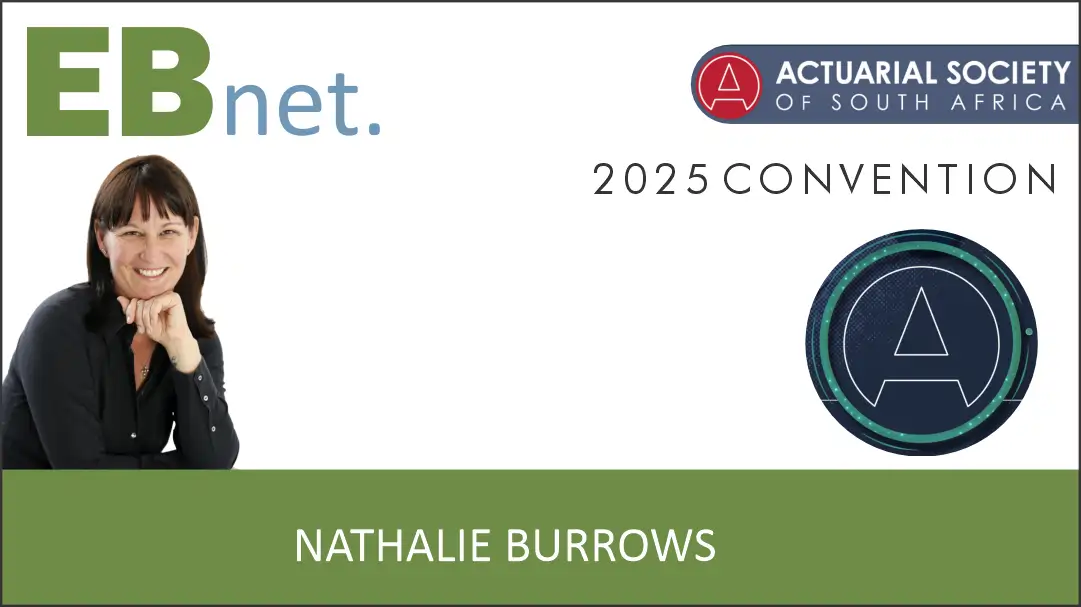Celiwe Ross, Group Chief Human Capital and Corporate Affairs Officer at Old Mutual
As SA assumes the G20 presidency, it carries more than diplomatic weight. It carries the responsibility to show how inclusive economic growth can be built with citizens, not merely for them.
A small business owner in Khayelitsha checks their phone for the third time this morning, waiting for a loan approval that may never come. The business is sound, with two years of profitable catering contracts and a full order book. But regulatory requirements around collateral, cash flow documentation and formal address verification create barriers that many small and viable businesses cannot overcome. The issue isn’t the enterprise; it’s a system that wasn’t built hand in hand with the people who navigate it every day.
This isn’t an isolated story. As SA prepares to lead global economic conversations through its G20 presidency, one truth becomes unavoidable: the biggest barrier to inclusive growth isn’t policy complexity; it’s exclusion.
When policy design becomes exclusion by default
Economic policy is often crafted in boardrooms and think tanks where the daily struggles of ordinary citizens rarely register as foundational considerations.
When policymakers discuss access to finance, they too often overlook entrepreneurs who lack traditional collateral, consistent cash flow or formal proof of address. Tender processes require formal business registration and VAT compliance. That automatically excludes most of SA’s informal enterprises. Trade policies also overlook how informal markets operate and contribute to local economies. Despite making up much of SA’s economy, they remain invisible to official economic measures.
At Old Mutual, we see this daily: brilliant business ideas that can’t access capital, not because they lack merit but because they lack the paperwork regulatory systems demand.
Millions of South Africans navigate an economy that treats their contributions as peripheral, including the spaza shop operator, the gig worker sending money home and the graduate juggling freelance work while caring for elderly parents. These are all circumstances that don’t fit neatly into policy categories.
Limited access to formal credit combines with exclusion from social protection schemes built around formal employment, while policies fail to recognise the realities of care work and informal labour. These are predictable outcomes of policymaking processes that treat citizen participation as an afterthought.
If the problem is exclusion by design, then the solution must be inclusion by intent. Real change begins by examining who sits at the table where economic decisions are made and ensuring their voices are heard.
Rewriting the rules: when citizens’ voices lead
Real economic inclusion requires more than simplifying existing policies. It demands a fundamental rethink of who helps shape them from the start. As a B20 partner, Old Mutual created the Add Your Voice campaign to ensure SA’s global policy leadership reflects genuine citizen priorities.
Transformation begins the moment people are invited to shape the economic agenda, not merely respond to it. When people can share their experiences through accessible channels such as community dialogues, digital submissions or public forums that bring policy conversations into townships and universities, they help shift policy from theory to practice.
Citizens aren’t passive recipients of economic policy; they’re active agents with essential insight into how economies really work. The gig worker understands labour mobility in ways that statisticians don’t. The township entrepreneur often knows more about local economic ecosystems than most development economists. When policy excludes these voices, it creates solutions for problems that don’t exist while ignoring the ones that do.
Leading by example on the global stage
SA now has the chance to show the world what’s possible when citizens help build an inclusive economy from the ground up. The B20 connects business leaders directly with policymakers, creating a rare space where SA can show that inclusive capitalism isn’t just right but also smart.
This historic opportunity comes at a critical time. Rather than perpetuating policymaking processes that exclude citizen voices, the country can show how meaningful participation transforms both the quality of policy decisions and their real-world impact.
This year, the B20 is built around eight task forces tackling global economic challenges. Old Mutual is focusing on four where we believe we can drive the most impact, with each one a practical lever for inclusion:
- Digital Transformation, ensuring access to technology isn’t determined by postcode.
- Integrity and Compliance, advancing transparency and trust.
- Finance and Infrastructure, directing capital toward strong ideas, not only formal businesses.
- Trade and Investment, opening global opportunities for local entrepreneurs.
Together, these task forces highlight how inclusive thinking can shape global policy. The remaining four task forces, Employment and Education, Energy Mix and Just Transition, Industrial Transformation and Innovation, and Sustainable Food Systems and Agriculture, are equally critical to building resilient, equitable economies.
SA’s economic challenges, from unemployment to inequality, cannot be solved through policies developed without the input of those most affected by them. By creating pathways for these voices to reach international forums, the country positions itself as a leader in demonstrating what modern economic leadership can look like.
Making economic inclusion work
So, what does citizen-centred policy design look like in practice? Inclusive growth begins when economic design reflects human reality. If policy frameworks fail to reflect how people live and work, they fail the economy itself.
Platforms that connect community voices to global conversations represent more than technological innovation; they signal a fundamental shift in how economic policy is shaped. The small business owner in Khayelitsha, still waiting for that loan approval, represents millions whose potential remains held back not by their capabilities but by policies designed without them in mind.
When accessible mechanisms allow citizens to influence the conversations that determine their futures, both policy and economic outcomes improve. For Old Mutual, inclusion isn’t lip service; it’s strategy. Every economy rises to the level of its inclusion.
ENDS

























































































